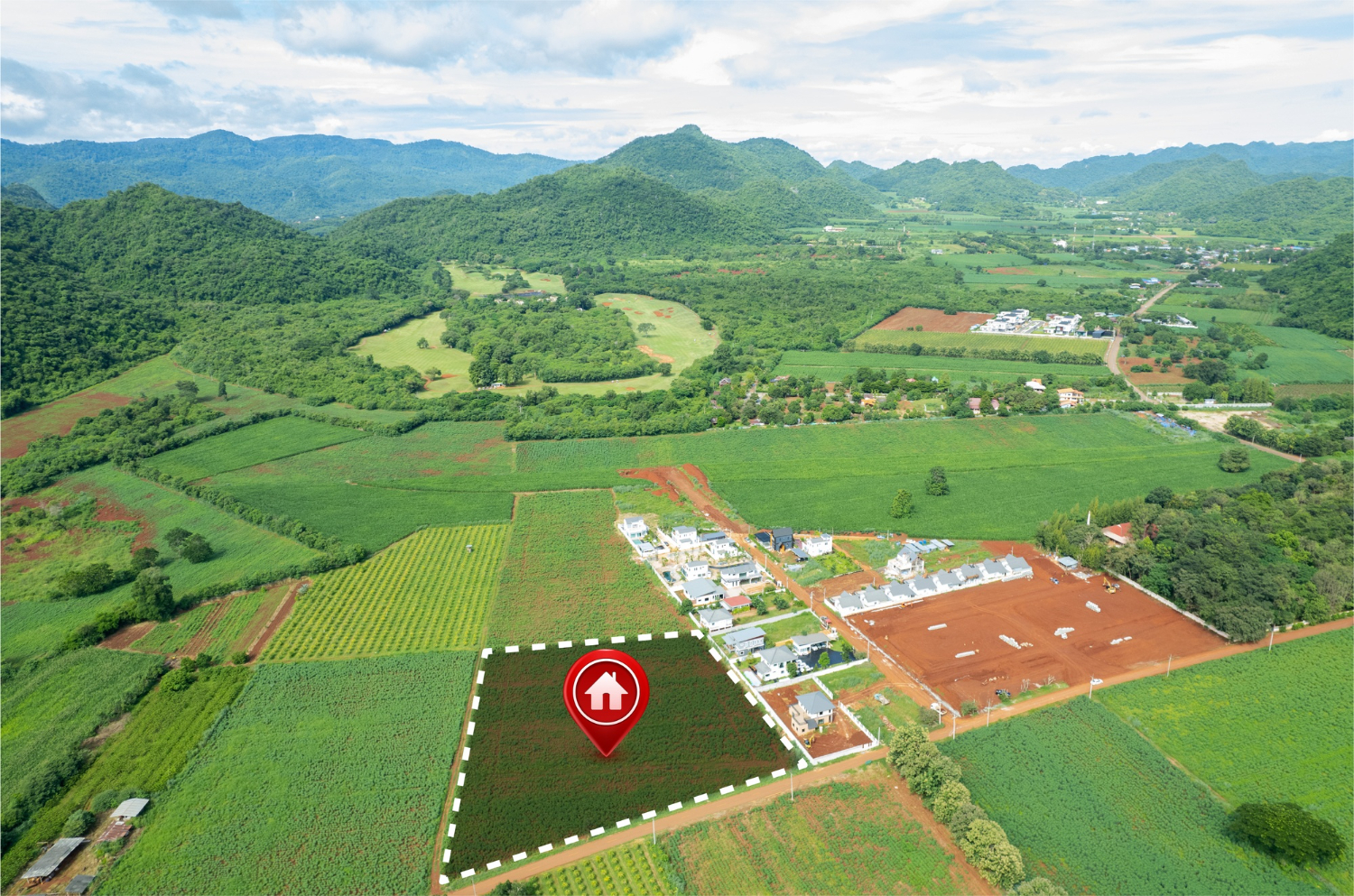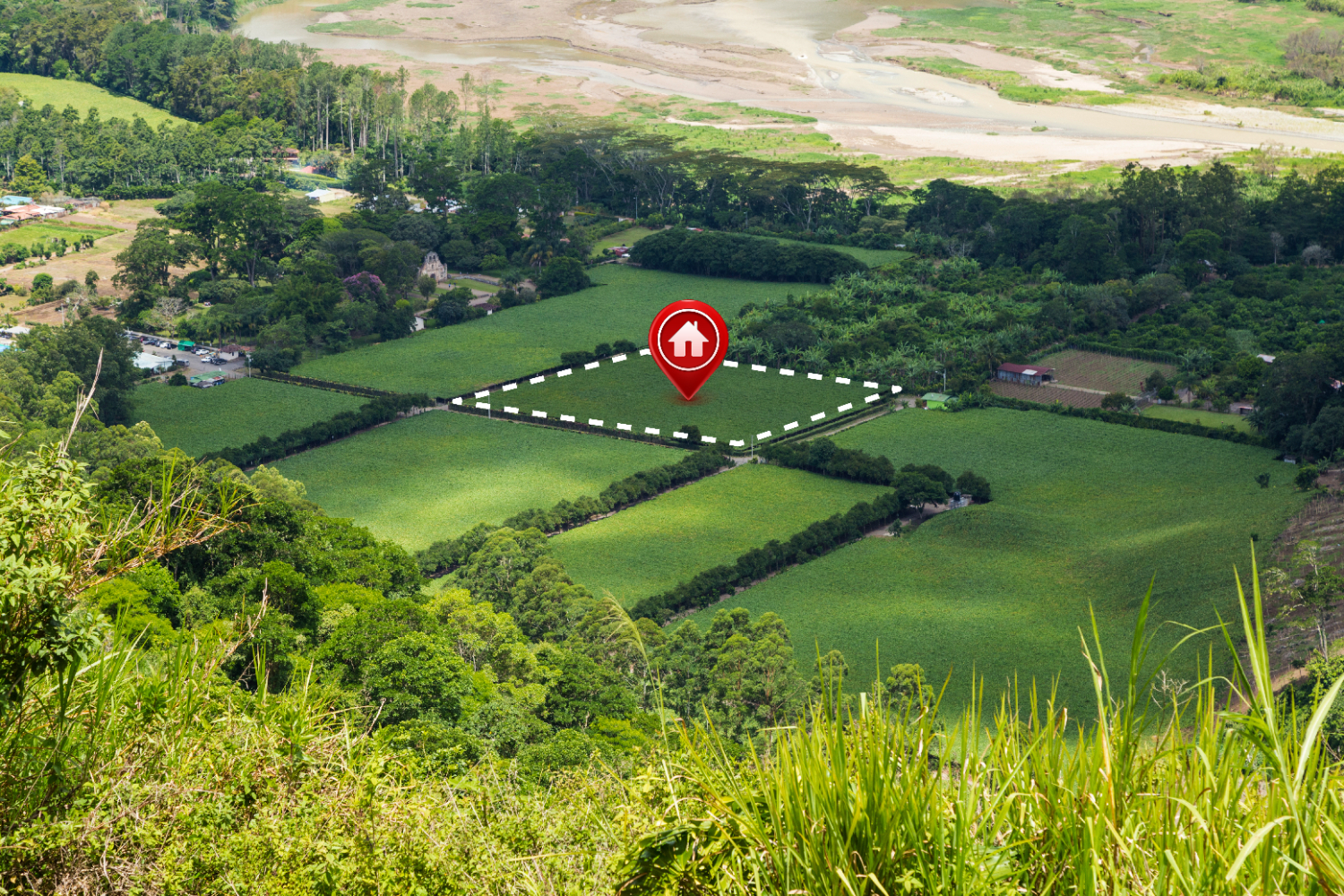Valuing land accurately is an essential step for any landowner looking to sell or develop their property. Unlike homes or commercial buildings, land value can be more difficult to determine, as it often depends on a variety of factors that may not be immediately obvious. Understanding these factors can help you set a realistic price, avoid undervaluing your property, and ensure you attract serious buyers.
Accurate land valuation involves more than just a simple price estimate. You need to consider aspects like location, land use potential, and current market trends. Other factors like zoning laws, accessibility, and nearby amenities can also play a significant role. Knowing how these elements affect your land’s value allows you to appraise it more accurately and market it effectively.
This guide will help you navigate the complexities of land valuation. We’ll explore the key factors that influence land value, various methods for appraising land, common mistakes to avoid, and tips for increasing your land’s worth. With this information, you’ll be well-equipped to understand your property’s true value and make informed decisions.
Factors Influencing Land Value
Various elements can significantly impact the value of your land. One of the most critical factors is location. Land situated in a prime location, such as near cities, highways, or popular amenities, tends to have higher value. Proximity to schools, parks, and shopping centers can also boost your land’s worth. Easy access to transportation and essential services makes the property more attractive to buyers.
Zoning laws and land use regulations are also key determinants. These rules dictate how the land can be used—residential, commercial, industrial, or agricultural. Land with flexible zoning options generally commands a higher price. It’s essential to understand the local zoning laws because they affect the land’s development potential.
Market trends play a crucial role as well. In a booming real estate market, land prices tend to rise due to higher demand. Conversely, in a sluggish market, prices might drop. Keeping an eye on local and national market conditions can help you time your sale for the best price.
Methods for Appraising Land
Accurately appraising land involves several methods. One common technique is the sales comparison approach. This method looks at recent sales of similar properties in the area. By comparing these sales, you can get a good idea of what your land might be worth. Consider factors like size, location, and features when comparing your property to others.
Another approach is the cost approach. This method calculates the land value based on the cost of developing it. For example, if the land is vacant, you might estimate the cost to build a structure similar to those on comparable lots. Subtracting the cost of improvements gives you the land value.
The income approach is useful for land that generates revenue, such as agricultural or rental properties. This method estimates value based on the income your land can produce. For instance, you could look at the yearly rental income and apply a capitalization rate to determine its worth.
Using multiple appraisal methods can provide a more comprehensive view of your land’s value. This approach helps ensure accuracy and offers a better basis for setting a fair market price.
Common Mistakes to Avoid in Land Valuation
Valuing land can be tricky, and many people make avoidable mistakes. One of the most common errors is overestimating the value based on emotional attachment. While you might have special memories tied to the land, buyers look at the property’s practical value. Be objective and rely on data and comparisons to set a fair price.
Another mistake is neglecting proper market research. Failing to understand current market trends can lead to setting a price that’s too high or too low. Studying recent sales of similar properties provides valuable insights into market expectations and helps you set a competitive price.
Overlooking land-specific factors is another pitfall. Ignoring aspects like zoning laws, soil quality, and accessibility can result in undervaluing or overvaluing the property. Evaluate all the characteristics that could affect the land’s utility and appeal to potential buyers. This thorough approach ensures a more accurate valuation.
Tips for Increasing Your Land’s Value
Increasing your land’s value can make it more appealing to buyers and boost your profit. One effective way to add value is by improving its usability. Remove any debris or unwanted vegetation to make the property more accessible and visually appealing. Basic landscaping can enhance the overall look, making it more attractive to potential buyers.
Another tip is to obtain necessary permits and clear up any zoning issues. Having proper zoning approvals and permits in place can save buyers time and effort, making your property more desirable. It also provides a clearer picture of the land’s potential uses, adding to its appeal.
Consider highlighting any unique features of the property that could add value. Scenic views, water access, or proximity to popular destinations can make your land stand out. Emphasize these features in your listings and marketing materials to attract more interest. By taking these steps, you can effectively increase your land’s value and make it more marketable.
Conclusion
Determining the accurate value of your land is crucial for making informed decisions and maximizing your returns. By understanding the factors that influence land value, utilizing effective appraisal methods, and avoiding common mistakes, you set yourself up for success. Making strategic improvements to your land can further enhance its value and appeal to potential buyers.
Knowing how to value your land correctly provides a solid foundation for any selling strategy. It helps you market the property more effectively, attract serious buyers, and achieve the best possible price. Whether you plan to sell land fast or hold onto the land for future use, accurate valuation is key.
Ready to take the next step in accurately valuing your land? Contact 7Land Corp today! Our team can provide expert guidance tailored to your needs, ensuring you get the most out of your property.




